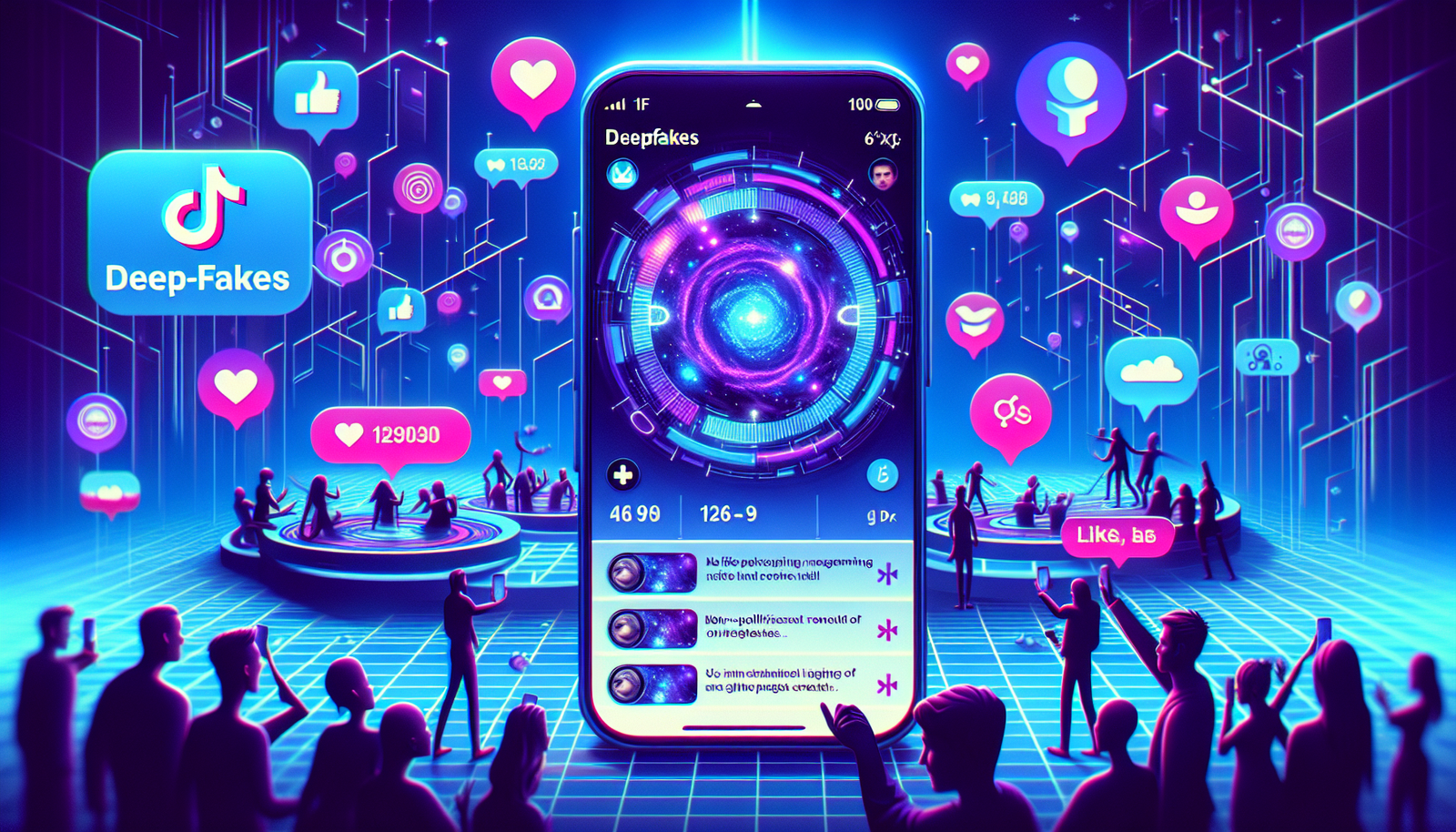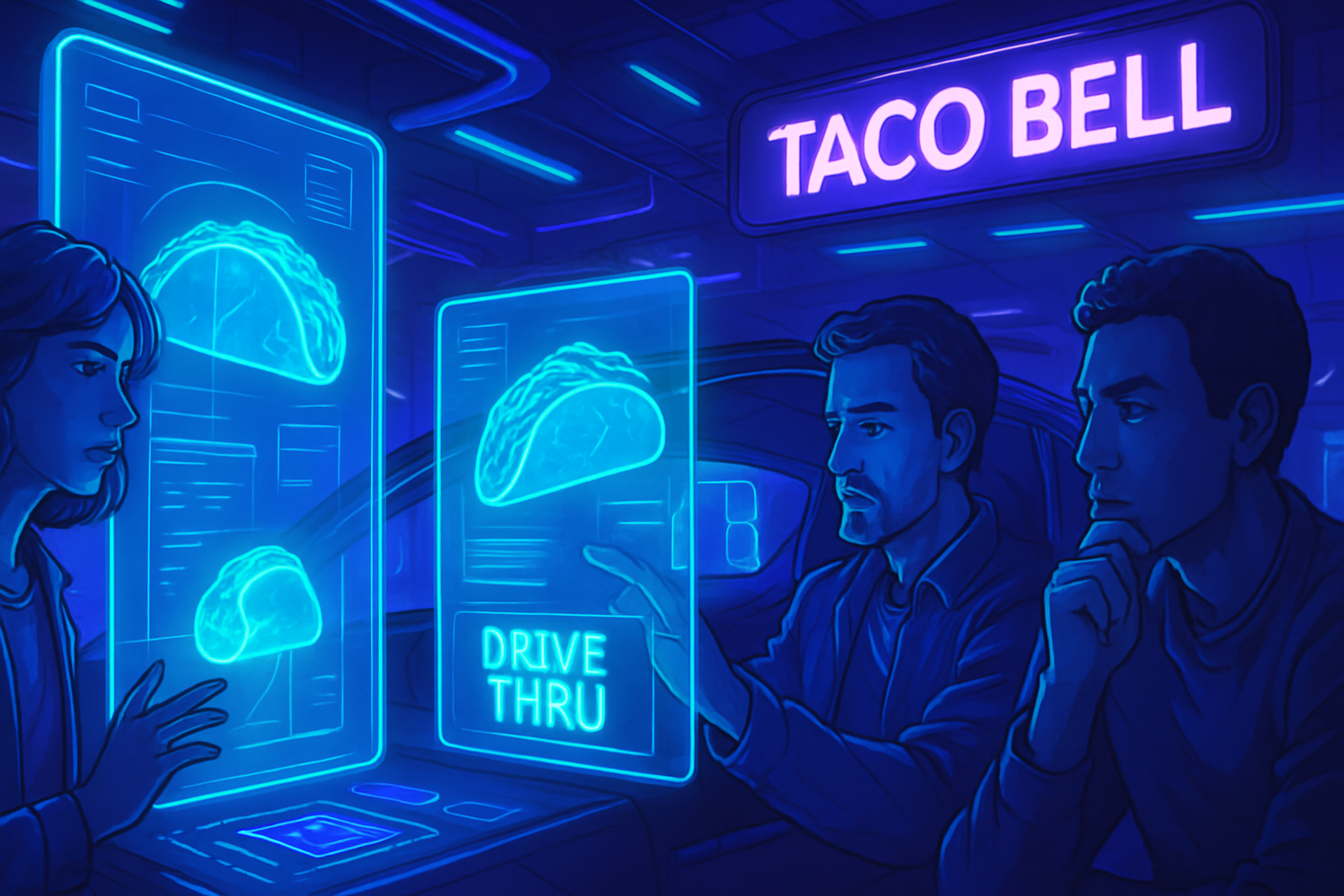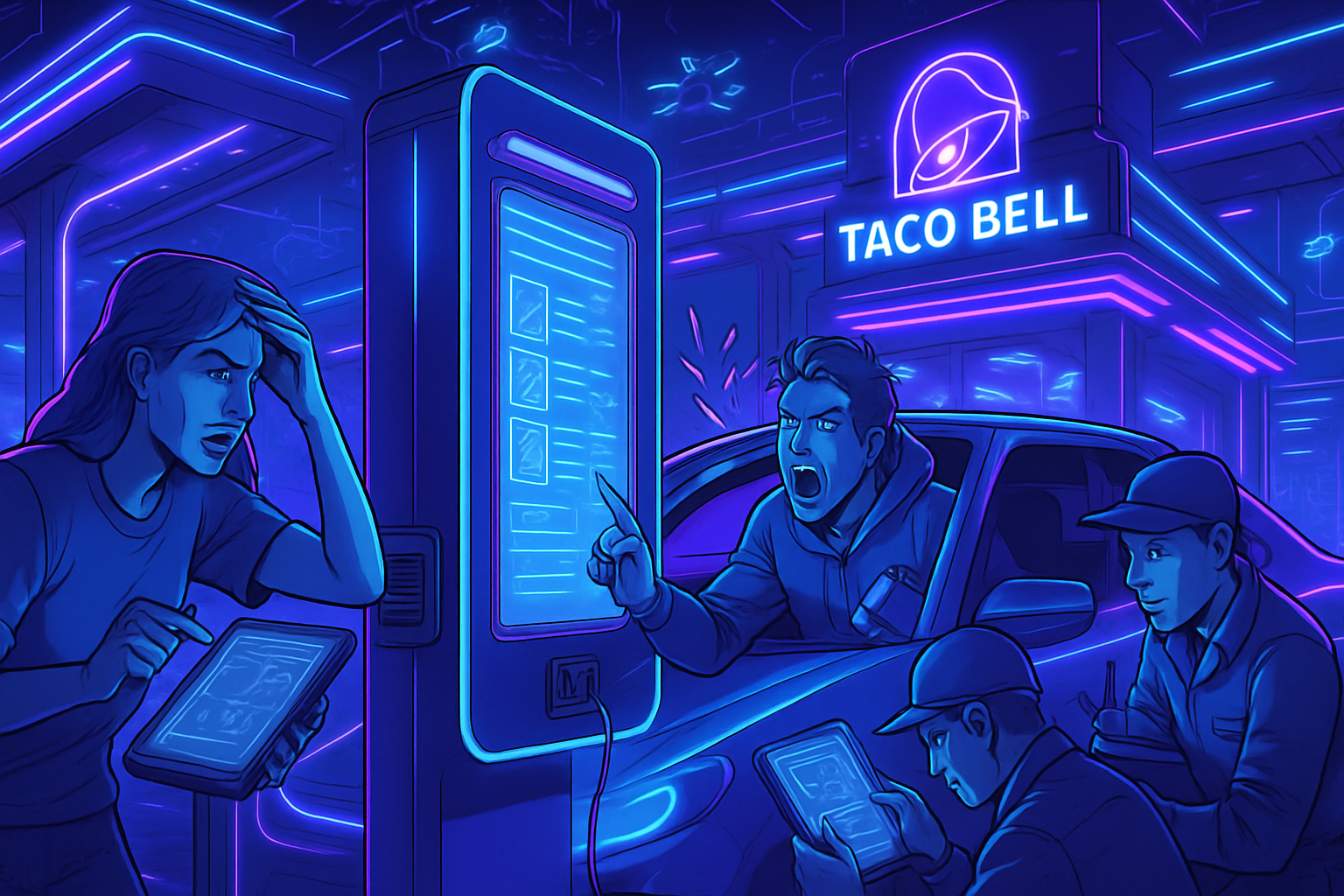The recent deepfakes of “Léna Maréchal” on TikTok raise fascinating questions about the boundaries of digital reality. A creator claims that this initiative has no political connotation but highlights the manipulation of images designed to attract young users. The videos, though fictional, reflect a _profound social experimentation_ and signal the _emerging dangers of misinformation_. Ethical issues become more complex in the face of content that succeeds in _captivating a wide audience_ while being entirely crafted by artificial intelligence.
The rise of deepfakes
In recent weeks, the TikTok platform has been the stage for a disturbing phenomenon. Fictitious accounts named “Léna Maréchal” and “Amandine Le Pen” have emerged, creating significant interest. These fictitious digital figures, supposedly linked to Marine Le Pen, promoted the far right during the election campaign.
Digital creations usurping identities
The technology of deepfakes, powered by artificial intelligence, has enabled the creation of hyper-realistic videos. The faces of these young women, attributed to the Le Pen family, according to the media BFMTV, represent a clever misinformation strategy. The videos contained misleading elements, exploiting the viral codes present on social media.
An author without political intention
The creator of the “Léna Maréchal” video, presented under the username @Lena.Marechal.LePen, has declined any political responsibility. He stated that his project aimed to highlight the dangers of deepfakes and misinformation. He described his initiative as a “social experiment”, emphasizing the need for education on these contemporary issues.
A response in the media sphere
The videos, although removed from the network, had gained some notoriety, intriguing TikTok users. Synchronized dances with trendy music paired with provocative statements marked these posts. Some responses from the fictitious accounts used insinuations about various socio-political topics.
The discomfort expressed by the Le Pen family
The personalities involved, although non-existent in reality, have elicited reactions from the Le Pen family. Confronted with this content, they expressed their disagreement with this form of representation. Reports from the party Reconquête! have occurred, reflecting a palpable discomfort regarding these identity usurpations.
The persistence of online misinformation
This phenomenon of deepfakes is not limited to isolated cases but illustrates a broader issue. The fight against misinformation has become paramount, especially with the upcoming European elections. Concerns regarding false information spread through AI-generated content are growing, particularly on platforms such as TikTok.
The platforms’ response to deepfakes
In the face of this threat, initiatives are underway to strengthen content security. Tech companies, such as Adobe, are working on innovative tools to certify AI-generated content. Regulatory efforts on misinformation in the digital ecosystem also appear essential, according to experts in the field.
The future implications of deepfake technologies
The deepfake technology will continue to evolve, raising numerous ethical reflections. The challenges to be addressed go beyond the realm of mere false information. The necessity for collective awareness regarding these digital practices is acutely felt. The potential danger of deepfakes could plunge society into confusion.
Context of the European elections
As the European elections approach, scheduled for June 6 and 9, vigilance around online content is heightened. False representations could influence public opinion, making the fight against misinformation all the more urgent. The coexistence of deep concerns about AI regulation and political strategies prompts critical reflection.
FAQ on the deepfakes of “Léna Maréchal” and their impact
What is a deepfake and how is it created?
A deepfake is a technology that uses artificial intelligence to create artificially generated videos or audios that imitate real people. This technique often relies on deep learning algorithms that analyze and reproduce the visual and auditory characteristics of a person.
How long were the “Léna Maréchal” and “Amandine Le Pen” accounts active on TikTok?
The “Léna Maréchal” and “Amandine Le Pen” accounts surfaced on TikTok for a few weeks before being removed due to their misleading content.
What was the goal of the creator of the “Léna Maréchal” deepfakes?
According to the creator, the goal was not political. It was rather a “social experiment” aimed at raising public awareness about the dangers of misinformation and the impact of deepfakes.
Did the “Léna Maréchal” videos have many followers?
Yes, the “Léna Maréchal” and “Amandine Le Pen” accounts had gained several thousand followers before their removal, indicating a notable interest in this content on the platform.
Why did the Le Pen family file reports concerning these accounts?
The Le Pen family reported these accounts because they did not represent real people, but creations based on deepfakes that supported political messages they had not authorized.
How can these deepfakes influence public opinion?
Deepfakes, by presenting political figures in a manipulated or inaccurate light, can influence public opinion by disseminating messages that seem authentic but are actually fabricated.
What are the ethical implications of using deepfakes in entertainment and politics?
The use of deepfakes raises major ethical questions, particularly regarding misinformation, invasion of privacy, and manipulation of public perceptions, which can undermine trust in media and institutions.






